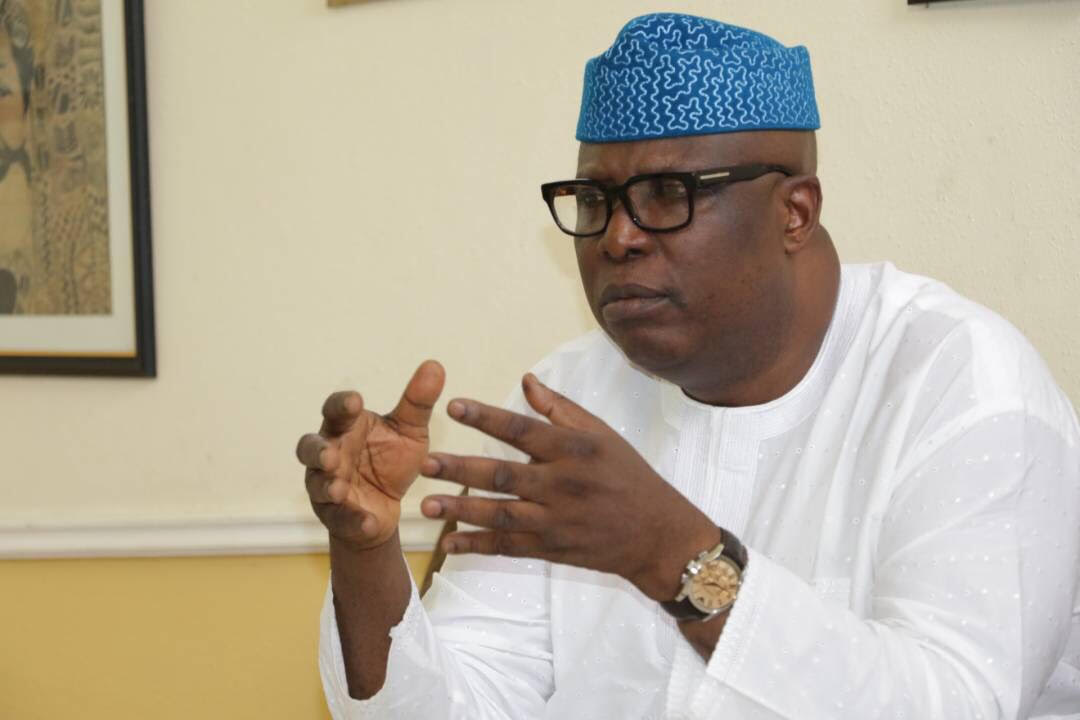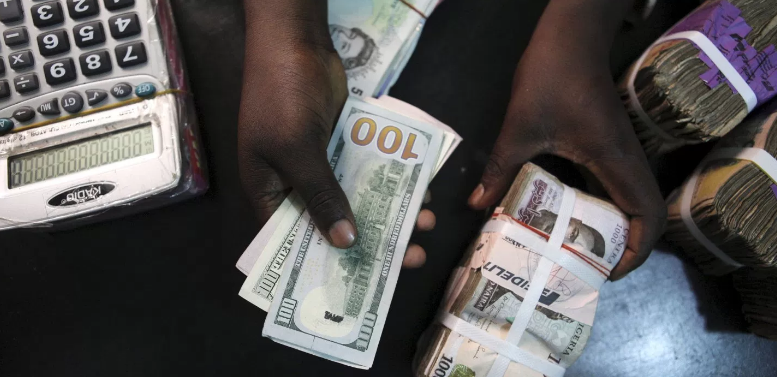Restoring sanity in forex market to boost investor confidence

There is no gainsaying the positive effects the Central Bank of Nigeria (CBN) foreign exchange (FOREX) adjustment has had on the value of the Naira at the parallel market, as well as boosting foreign inflows into the country, MOTOLANI OSENI examines the effects of the measures on the foreign exchange market.
Business operators and industry watchers had thought that by now, the launch of the liberalized interbank foreign exchange market by the Central Bank of Nigeria (CBN) on June 20 should have started attracting foreign inflows. The move, which they had hoped would boost liquidity in the market has rather witnessed the opposite situation.
After all, the liberalization of the market had been a key demand by foreign investors for their return to Nigeria, since they fled the country due to foreign exchange controls introduced by the banking watchdog in early 2015.
However, an FBNQuest provided data has shown that foreign investors were yet to bring in the much expected inflows since the take-off of the liberalised forex market in June.
The firm stated: “The success of the new regime hinges upon sizeable autonomous inflows to supplement the CBN’s. The Financial Markets Dealers Quotation (FMDQ) website shows open futures contracts of $2.9 billion through to August 2017. The portfolio community has shown its hand, although Nigerian corporates have probably been the larger players.”
It also noted that the widely reported sale by Citibank of $270 million on 29 August for the purchase of longer tenor Nigerian Treasury Bills (NTBs) by its offshore clients has not triggered the re-entry of offshore investors in large numbers.
Analysts point out that the lack of liquidity in the market has worsened the forex shortage in the system and resulted in the naira weakening on the parallel market.
In fact, with FBNQuest also providing data showing that the CBN’s gross official external reserves declined by $790million in August on a 30-day moving average basis to $25.4billion, the consensus among analysts is that unless liquidity improved, the local currency is likely to suffer further depreciation.
What is CBN doing?
It is clearly in a bid to prevent this from happening that the CBN has lately introduced additional measures to boost liquidity in the market. In a circular it issued a fortnight ago, entitled: “Portfolio investment in Nigeria-Re: Amendment of Memorandum 21 of the Foreign Exchange Manual.”
The CBN said Nigerians and foreigners who bring in funds through authorised dealers could invest such funds in money market instruments, bonds and equities.
According to the circular: “… The provision of memorandum 21 of the foreign exchange manual on the subject is hereby amended as follows: A resident/non-resident Nigerian national and/or entities and foreign national or entity may invest in Nigeria by way of purchase of money market instruments such as Commercial Papers, Negotiable Certificates of Deposits, Bankers’ Acceptances, Treasury Bills, etc.”
The apex bank, however, said the investment must meet some documentation requirements including a SWIFT message evidence of the remittance of funds, board resolution of the local beneficiary authorising the investment (in the case of a company) and the stated purpose of the capital importation.
It also stated that prospective investors must appoint a local bank or broker as an agent to purchase the instruments, adding that the funds must be transferred electronically to a designated bank. Furthermore, the CBN emphasized: “For the avoidance of doubt, only funds inflowed through the authorised dealer by resident/ non-resident Nigerian nationals and companies specifically for purpose of investment shall be eligible. Consequently, balances on exports domiciliary and ordinary domiciliary accounts shall not be eligible for the investment.”
Similarly, the CBN has also taken critical steps to attract foreign investors. One of these measures was the decision by the banking watchdog’s rate- setting body, the Monetary Policy Committee (MPC) maintained the benchmark interest rate- The apex bank made this move defying predictions by analysts that the poor state of the economy would make the MPC rate unchanged.
As CBN Governor, Mr. Godwin Emefiele, explained to newsmen at the end of the meeting, apart from the need to tackle rising inflation, members of the MPC also believed that a cut in interest rate would not help the liberalised foreign exchange market, as foreign investors would not bring in new capital under the circumstance.
He said the decision to raise interest rate would improve liquidity in the foreign exchange market and ensure the market’s self-sustainability. He further stated that MPC members were of the opinion that the liquidity of the foreign exchange market would boost manufacturing and industrial output, thereby stimulating the much-needed growth.
Emefiele stated: “The MPC was further concerned that while the situation called for obvious tightening of the monetary policy stance, the technical recession confronting the economy and the prospects of negative growth to year-end needed to be factored into the policy parameters.”
Experts’ opinion
According to financial analysts, the reluctance of foreign investors to re-enter the Nigerian market in large numbers is due to concerns over the country’s economy.
Latest figures released by the National Bureau of Statistics (NBS) show that the economy contracted 2.06 per cent in the three months to the end of June, worse than analysts expected, while inflation hit an 11- year high of 17.1 per cent, underlining the depth of the country’s crisis.
Commenting on the NBS data, Africa Economy specialist at Capital Economics, John Ashbourne, said: “What strikes me is the breadth of sectors where things have gone terribly wrong. Across the board, it is popping up red. This is a wake-up sign that a lot of the non-oil sector policies, like foreign exchange controls, have not worked.”
Significantly, in her reaction to the introduction of the liberalised forex market, Managing Director and Chief Economist Africa, Standard Chartered Bank, Razia Khan, had stated: “Our projection is for Nigeria’s Current Account (C/A) deficit to widen further near-term.
Falling oil output will be a key source of stress on C/A receipts. Even with currency flexibility, this is unlikely to be fully compensated for by other inflows, at least in the near term. Nigerian FX reserves will likely remain pressured. More will be needed to boost confidence in the new FX regime, ensuring its workability.”








